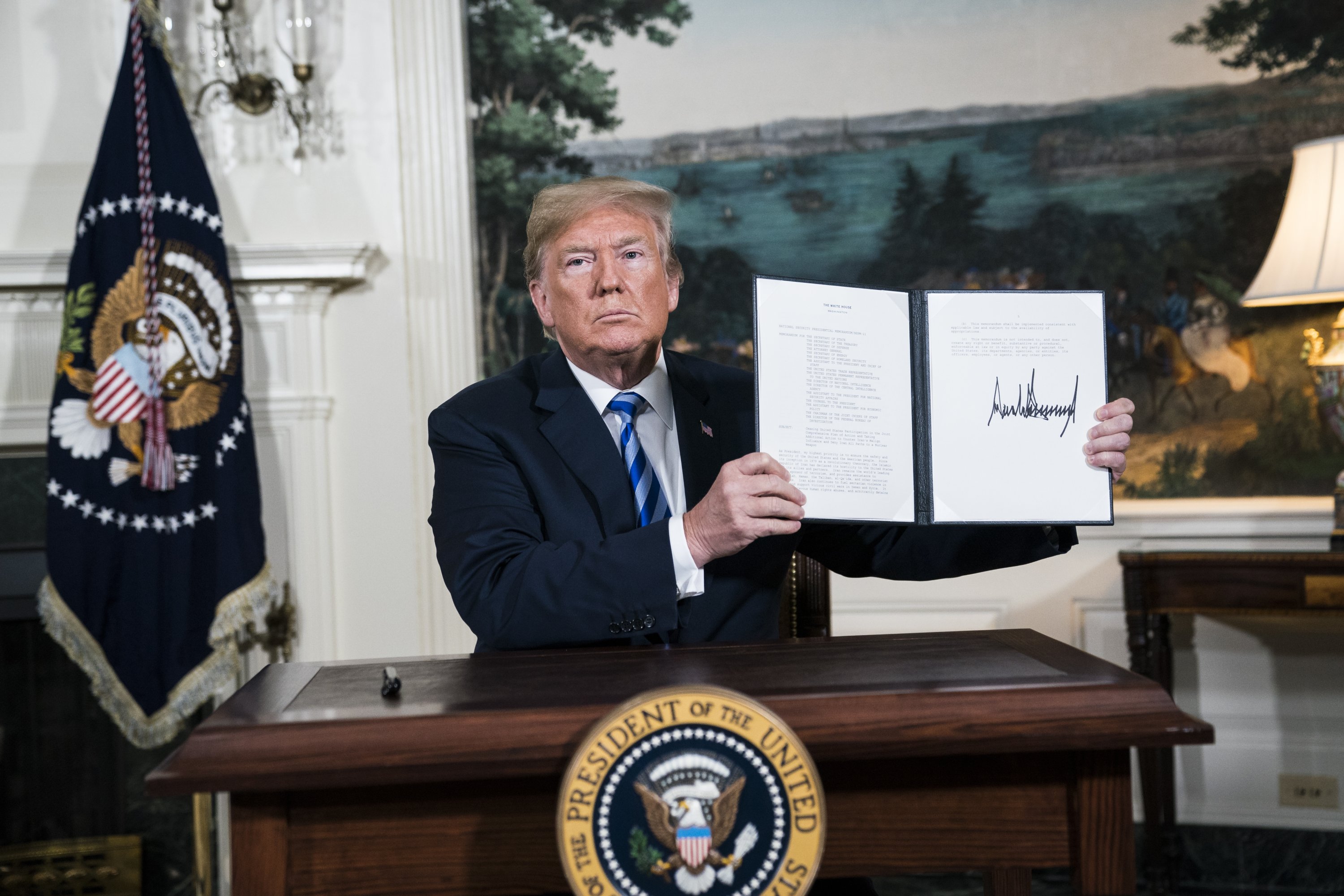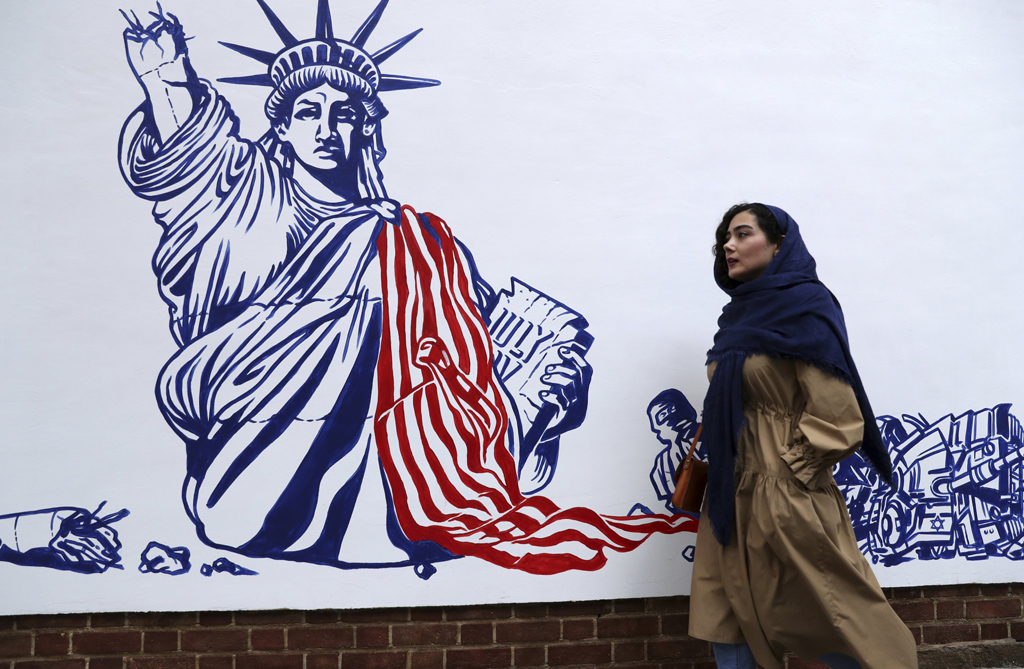ince the inauguration of U.S. President Joe Biden, one of the most frequently asked questions are about his position on the Iranian nuclear deal. The candidate Biden had called the U.S. withdrawal from the Joint Comprehensive Plan of Action (JCPOA) a significant mistake and promised to take the U.S. back to the deal.
However, his few weeks in office demonstrated that this process will not be as easy as many may have thought.
The negotiation process, the content of the potential deal and its possible impacts on the countries’ domestic policies started to be discussed even before the beginning of negotiations.
Now, after the appointment of a special envoy to Iran, everybody is expecting to hear about the process and its details. However, there will be five different challenges that the Biden administration and its negotiators need to pay attention to while reaching a new deal with regards to the Iranian nuclear program.
Deadlock at home
First of all, it will be critical for the Biden administration to gain majority support in the U.S. Congress for a new nuclear deal with Iran.
Some Congress members have serious concerns about the Iranian ballistic missile program and want this issue to be included in the final agreement with Iran.
It is well known that some members had serious reservations and opposition to the JCPOA due to this problem. During his confirmation hearing, U.S. Secretary of State Antony Blinken ascertained the Congress that he will inform and discuss U.S. foreign policy issues with them.
In a potential Iran nuclear deal, Congress will have a lot to say to the administration. Blinken and other negotiators will need to pay attention to these concerns of some Congress members.
Regional outcry
Secondly, some U.S. partners in the region have reacted negatively to the JCPOA. They felt like they were left in the dark about critical foreign policy issues in regard to their region.
Some countries in the region considered the deal as a green light for the Iranian regional destabilizing behavior and its support for the proxy groups. This issue was also raised in Washington following the announcement of the JCPOA.
In a potential renegotiation of the deal, the Biden administration also needs to take some steps on the issue of proxy wars and Iran’s regional role. It would be hard for the U.S. to ignore its partners’ concerns in a second negotiation with Iran about its nuclear program.
Alliance skepticism
Thirdly, the U.S. administration also needs to pay attention to the concerns of its allies and partners in the P5+1 – the U.S., the U.K., France, China, Russia and Germany.
Former U.S. President Donald Trump’s decision to withdraw from the deal generated increasing skepticism about the U.S.’ commitments.

America’s reliability started to be questioned as a result of increasing unpredictability in its positions. Thus, the U.S. needs to ensure its partners and allies that the new deal will be a long-term one.
One way to provide some guarantee will be to make it an international treaty with Congressional approval.
Iran’s internal concerns
Fourthly, there will also be domestic dynamics at play with Iran. In June of this year, presidential elections will be held in Iran. Quite possibly, the Iranian nuclear deal and the relations with the U.S. will be part of this election campaign.
For the hawks, any attempt by the government to go back to the Iranian nuclear deal may be propagated as an act against the Iranian national interest.
It may be presented as a show of lack of patriotism on the part of the current government. Thus, the American negotiators may find a rather domestically focused Iranian government during the negotiations.
Finally, ever since Rob Malley was selected to serve as the envoy to negotiate the Iranian nuclear deal, there were a lot of debates about him and his position in some crisis areas in the Middle East.
Therefore, regardless of the content of a new deal, there will be groups who would try to generate debates about the deal based on the political views of its chief negotiator.
In the next few months, if and when the U.S. negotiates the details of an agreement with Tehran, there will be so many issues for the Biden team to focus on.
The process may be more challenging than many have expected and it may generate domestic political repercussions within the U.S.
[Daily Sabah, March 9 2021]



